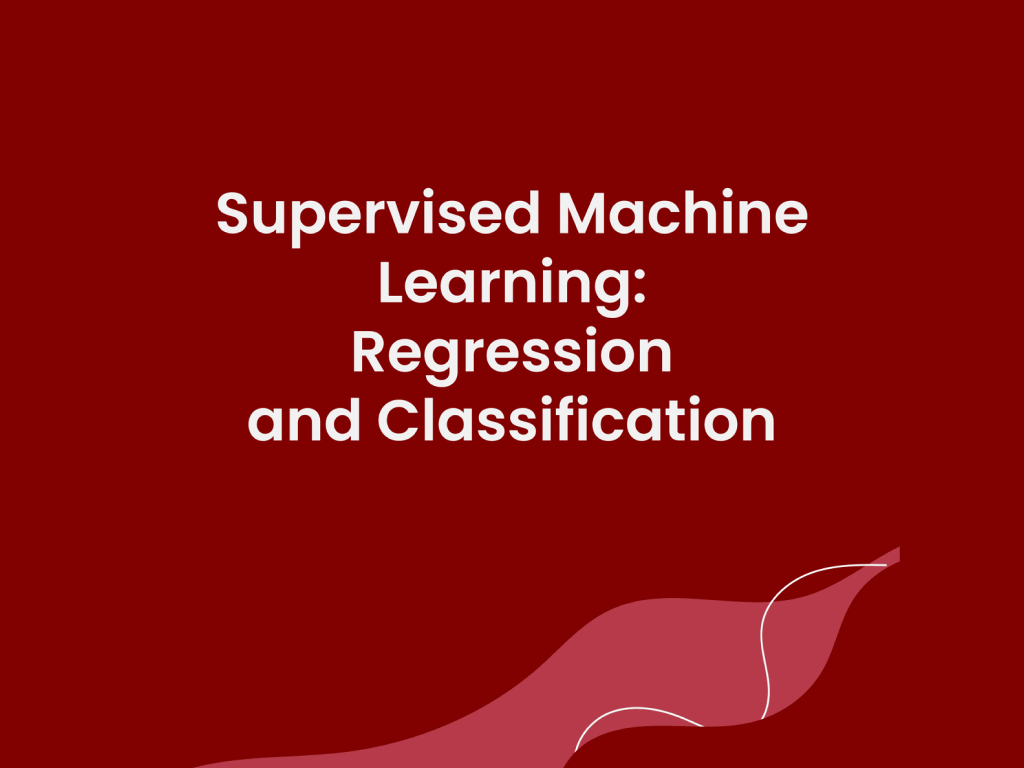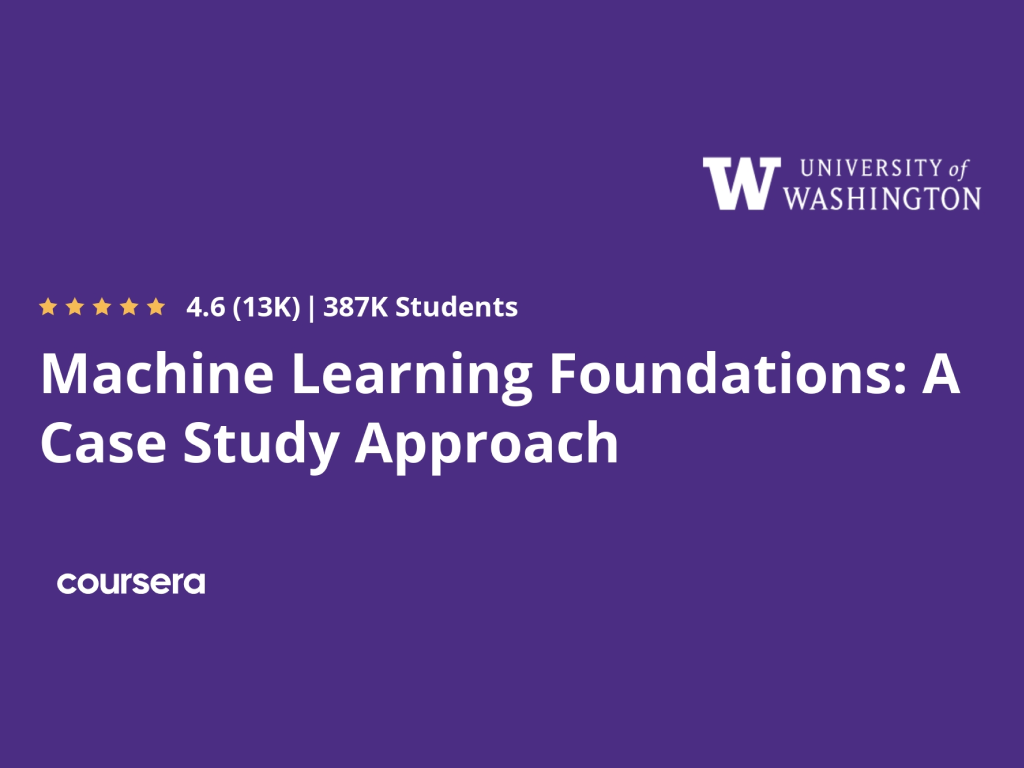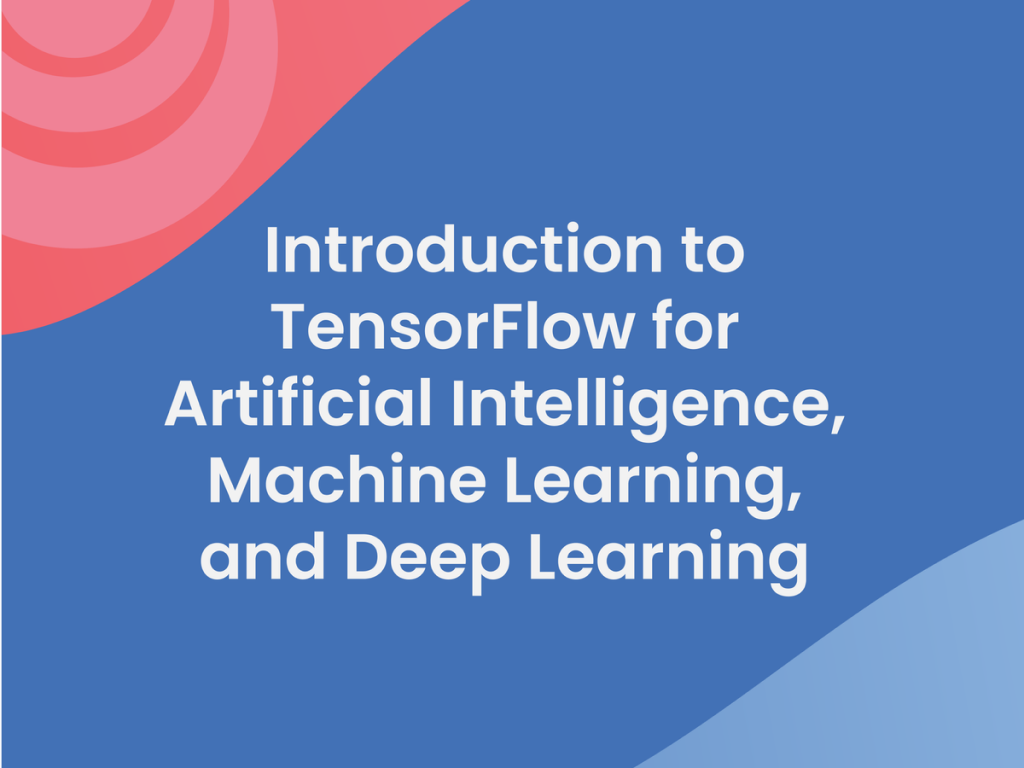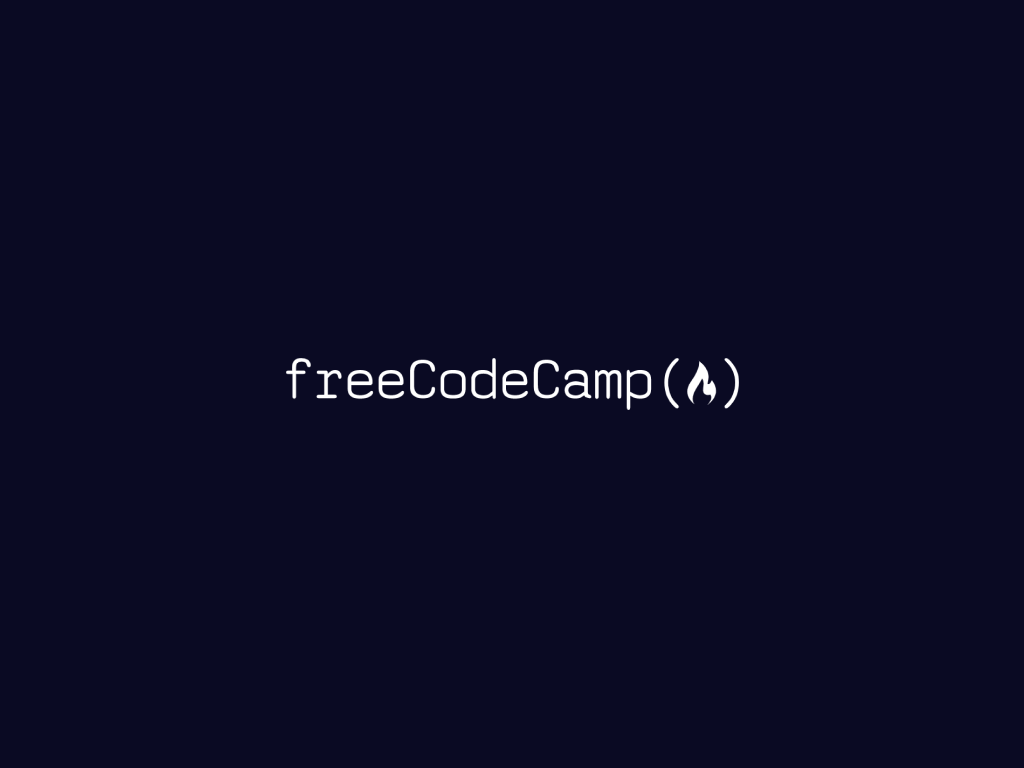Supervised Machine Learning: Regression and Classification
Description
In the first course of the Machine Learning Specialization, you will:
• Build machine learning models in Python using popular machine learning libraries NumPy and scikit-learn.
• Build and train supervised machine learning models for prediction and binary classification tasks, including linear regression and logistic regression
The Machine Learning Specialization is a foundational online program created in collaboration between DeepLearning.AI and Stanford Online. In this beginner-friendly program, you will learn the fundamentals of machine learning and how to use these techniques to build real-world AI applications.
This Specialization is taught by Andrew Ng, an AI visionary who has led critical research at Stanford University and groundbreaking work at Google Brain, Baidu, and Landing.AI to advance the AI field.
This 3-course Specialization is an updated and expanded version of Andrew’s pioneering Machine Learning course, rated 4.9 out of 5 and taken by over 4.8 million learners since it launched in 2012.
It provides a broad introduction to modern machine learning, including supervised learning (multiple linear regression, logistic regression, neural networks, and decision trees), unsupervised learning (clustering, dimensionality reduction, recommender systems), and some of the best practices used in Silicon Valley for artificial intelligence and machine learning innovation (evaluating and tuning models, taking a data-centric approach to improving performance, and more.)
By the end of this Specialization, you will have mastered key concepts and gained the practical know-how to quickly and powerfully apply machine learning to challenging real-world problems. If you’re looking to break into AI or build a career in machine learning, the new Machine Learning Specialization is the best place to start.
Tags
Syllabus
- Week 1: Introduction to Machine Learning
- Welcome to the Machine Learning Specialization! You're joining millions of others who have taken either this or the original course, which led to the founding of Coursera, and has helped millions of other learners, like you, take a look at the exciting world of machine learning!
- Week 2: Regression with multiple input variables
- This week, you'll extend linear regression to handle multiple input features. You'll also learn some methods for improving your model's training and performance, such as vectorization, feature scaling, feature engineering and polynomial regression. At the end of the week, you'll get to practice implementing linear regression in code.
- Week 3: Classification
- This week, you'll learn the other type of supervised learning, classification. You'll learn how to predict categories using the logistic regression model. You'll learn about the problem of overfitting, and how to handle this problem with a method called regularization. You'll get to practice implementing logistic regression with regularization at the end of this week!
Related Problem Sets

Supervised Machine Learning: Regression and Classification
-
TypeOnline Course
-
Provider
-
PricingFree to Audit
-
CertificatePaid certificate
In the first course of the Machine Learning Specialization, you will:
• Build machine learning models in Python using popular machine learning libraries NumPy and scikit-learn.
• Build and train supervised machine learning models for prediction and binary classification tasks, including linear regression and logistic regression
The Machine Learning Specialization is a foundational online program created in collaboration between DeepLearning.AI and Stanford Online. In this beginner-friendly program, you will learn the fundamentals of machine learning and how to use these techniques to build real-world AI applications.
This Specialization is taught by Andrew Ng, an AI visionary who has led critical research at Stanford University and groundbreaking work at Google Brain, Baidu, and Landing.AI to advance the AI field.
This 3-course Specialization is an updated and expanded version of Andrew’s pioneering Machine Learning course, rated 4.9 out of 5 and taken by over 4.8 million learners since it launched in 2012.
It provides a broad introduction to modern machine learning, including supervised learning (multiple linear regression, logistic regression, neural networks, and decision trees), unsupervised learning (clustering, dimensionality reduction, recommender systems), and some of the best practices used in Silicon Valley for artificial intelligence and machine learning innovation (evaluating and tuning models, taking a data-centric approach to improving performance, and more.)
By the end of this Specialization, you will have mastered key concepts and gained the practical know-how to quickly and powerfully apply machine learning to challenging real-world problems. If you’re looking to break into AI or build a career in machine learning, the new Machine Learning Specialization is the best place to start.
- Week 1: Introduction to Machine Learning
- Welcome to the Machine Learning Specialization! You're joining millions of others who have taken either this or the original course, which led to the founding of Coursera, and has helped millions of other learners, like you, take a look at the exciting world of machine learning!
- Week 2: Regression with multiple input variables
- This week, you'll extend linear regression to handle multiple input features. You'll also learn some methods for improving your model's training and performance, such as vectorization, feature scaling, feature engineering and polynomial regression. At the end of the week, you'll get to practice implementing linear regression in code.
- Week 3: Classification
- This week, you'll learn the other type of supervised learning, classification. You'll learn how to predict categories using the logistic regression model. You'll learn about the problem of overfitting, and how to handle this problem with a method called regularization. You'll get to practice implementing logistic regression with regularization at the end of this week!

 Online Course
Online Course 
 Free to Audit
Free to Audit  Paid certificate
Paid certificate 



